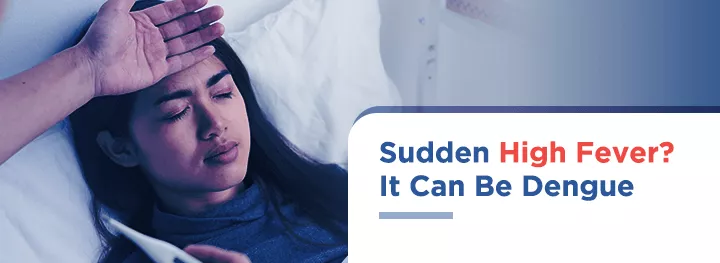BBMP has reported more than 1,000 dengue cases in the city this year; serious infections can turn fatal. Unhygienic water clogging and a plethora of illnesses come along with monsoon around the corner. Most infections arise from unhealthy, unclean environments, mosquitoes and changes in temperature. The dengue fever is one of the major illnesses doing the rounds in this season. Every year about 400 million cases of dengue infections occur across the globe. This year Bruhat Bengaluru Mahanagara Palike (BBMP) has reported over 1,000 dengue cases. The dengue fever is a mosquito-borne disease transmitted by the bite of an Aedes mosquito infected with a dengue virus. The mosquito gets infected after biting a person with dengue in their blood. When a noninfected person is bitten by the same mosquito, the virus reaches the bloodstream of the person and results in fever. Dengue typically occurs in tropical and subtropical areas and recovers within days to weeks. However, dengue will not transmit from one person to another directly. The signs and symptoms of dengue fever usually occur three to fourteen days after infection. If the infected person has mild dengue fever, then high fever, rash, and muscle pain, as well as joint pain, are likely to occur. However, dengue fever which is also called dengue hemorrhagic fever in its extreme form causes severe bleeding, damage to lymph and blood vessels, a sudden drop in blood pressure (shock), and may even be fatal. Often people are infected with the virus a second time, and the chance of contracting the extreme form of the disease is even greater. The treatments for dengue fever consists of fluids and paracetamol. Severe cases, however, need hospital care too. So, it is advised to consult the doctor for a safer side. Symptoms for Dengue: The symptoms of dengue are sudden high fever, severe headache, vomiting, muscle & joint pain, serious bleeding and shock in case of severe dengue, pain behind the eyes, fatigue, nausea, skin rash and mild bleeding such as nose bleed, bleeding gums, or easy bruising. The symptoms that occur during a mild dengue fever are often confused with or mistaken for those of viral infections or flu, particularly because of the high fever that is a common symptom in both diseases. One notable difference in dengue and other viral fevers, however, is that dengue is followed by extreme joint pain and muscle aches. Though viral fever subsides in 3-5 days, dengue fever needs at least a week. Prevention from Dengue: The most obvious way to save yourself from dengue is to avoid bites from infected mosquitoes, especially if you live in a tropical area. You should try to keep the mosquito population very minimal and maintain hygiene in your surrounding environment. In 2019, dengvaxia was approved by the Food and Drug Administration (FDA), a vaccine to help prevent dengue from developing in teenagers between the ages of 9 and 16 who are already infected by dengue. Some of the ways to prevent yourself from dengue: Use mosquito repellents even when you are indoors Try and wear long-sleeved shirts, long pants tucked into socks when outdoors. Ensure that the windows and door screens are holes-free. use mosquito nets, if sleeping areas are not screened or air-conditioned. If you feel you are experiencing dengue symptoms, consult your doctor. Get rid of areas where mosquitoes can breed like old tires, cans, or rain-collecting flower pots. Regularly, change the water of outdoor birdbaths and pets and water dishes. If someone has dengue fever at home, it is advised to make extra efforts to protect yourself and other family members from mosquitoes. Consult the best hospital in Bangalore to avail the highest quality medical care or visit Aster RV hospital in JP Nagar Bangalore.
Sudden High Fever? It Can Be Dengue
x
Evidence based
This article is based on scientific evidence, written by experts and fact checked by experts.
Our team of licensed doctors strive to be objective, unbiased, honest and to present both sides of the argument.





